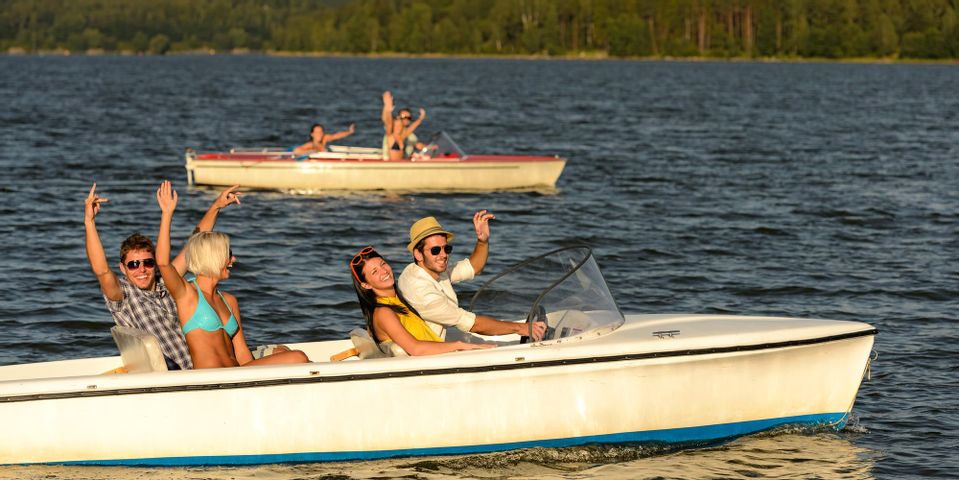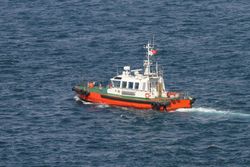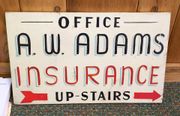
Many people enjoy taking their boats out on the open water in the summer. However, with more vessels out on the water, it is important to consider your boat insurance policy options and the necessary steps to take if you do get into a boating accident. Below are five steps to take in order to maintain your safety and protect you from liability.
What to Do After a Boating Accident
1. Assess Any Injuries
Directly after the accident, you first must check that all passengers are safe. If any are harmed, assess any injuries, dress the wounds, or call for medical attention. If everyone seems unharmed, you can wait until after you dock, but you should have everyone visit the doctor to rule out any internal injuries or whiplash. Do not wait until you or another passenger begins to develop symptoms.
2. Steer Your Way to Safety
Depending on how hard the impact was, your boat could have ejected passengers into the water. Get back on board, and help others return to safety as well. Once you have accounted for everyone, steer your boat clear of danger. Move it aside so that you are not blocking other boats or pathways in order to avoid any further damage or accidents.
3. Contact Your Local Authorities

You should then call 911 and let them know where you are so that they can find you quickly, especially if someone is seriously injured. Once they arrive at the scene, they will ask you to recall the events in order to file a boating accident report. Answer all the questions with as much honesty and detail as you can remember. This report will help clarify who exactly is at fault and how much each party should be compensated after the boat insurance coverage goes through.
4. Exchange Information
Just like a car accident, you want to exchange information with all the boaters who were involved in the accident. Ask for their boat registration or ID number as well as their boat insurance and contact information so that you can easily find them if a lawsuit arises. Also, look around to see if there were any witnesses. If so, ask for their information as well. A firsthand testimony will help determine liability and compensation.
5. Document Evidence
Take pictures of any damage to your boat, and any other vessels involved. Document the injuries, your surroundings, and anything else that you think might be significant in a future lawsuit. If there were witnesses, you should obtain a written record of what they saw.
If you need boat insurance, turn to A.W. Adams Insurance, LLC in Clayton, GA, for affordable and comprehensive coverage. When you compare policy options from featured providers, you will feel confident that you will receive the best policy for your needs. Call (706) 782-5100 to speak with an agent today or visit the website for more information.
About the Business
Have a question? Ask the experts!
Send your question

